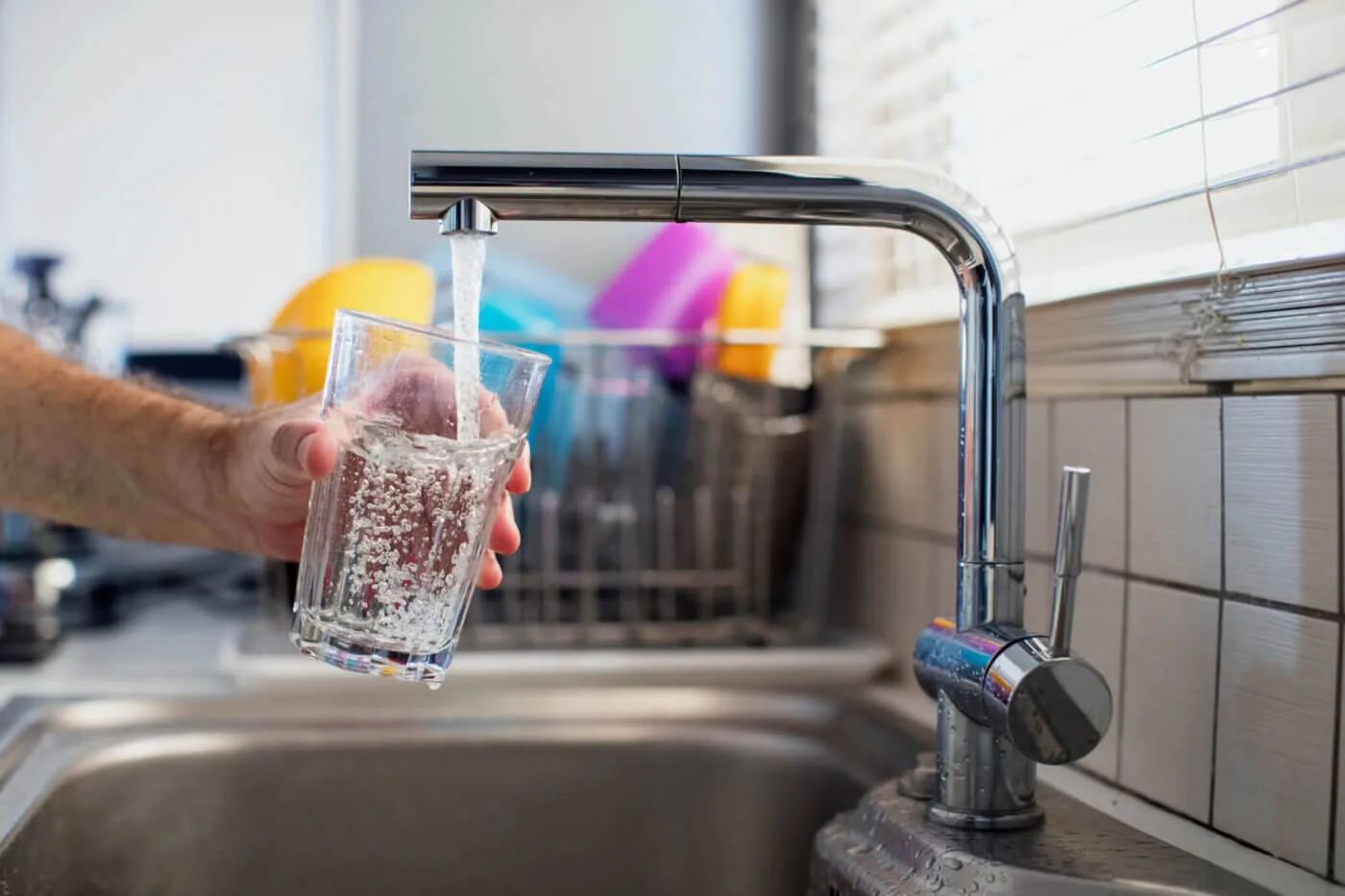
In a recent study, Pennsylvania’s tap water ranked as the sixth worst in the nation, with 33% of the state’s rivers and streams failing to meet water quality standards.
We use tap water to wash dishes, launder clothes, bathe, cook, drink, and more. Given all that use, it might be time to think about installing a quality filtration system after Pennsylvania landed in the top 10 of states with the worst tap water.
Pennsylvania ranked 6th in the nation for worst tap water, according to a recent study by J.D. Power. The study tracked water utility customers in all 50 states and the District of Columbia, and determined rankings based on quality and reliability.
Kentucky has the best tap water, followed by Washington and New York. Alabama had the worst, followed by Maryland and Oklahoma.
The quality of drinking water has become a hot topic over the years after numerous water crises in various US cities. According to the Pennsylvania Department of Environmental Protection, the commonwealth’s terrible tap water can be traced back to our industrial past. Coal mining alone is responsible for high levels of pollution along 20,000 miles of state waterways.
Almost 28,000 miles of Pennsylvania waters are victim to pollution, according to the state DEP’s 2022 Integrated Water Quality Report. The report found that 33% of the state’s more than 85,000 miles of rivers and streams do not meet water quality standards for water supply, aquatic life, recreation, or fish consumption.
Should I Have My Water Tested?
Yes, you should test your tap water every year for total coliform bacteria, nitrates, total dissolved solids, and pH levels. Always use a state certified laboratory that conducts drinking water tests.
Who Should Collect Water Samples?
You can collect water samples yourself, after getting the proper sanitized containers and instructions from the laboratory or the kit being used.
How Do I Collect a Water Sample?
Water samples should be collected from the kitchen faucet since that is where most water is used for drinking and cooking.
In general, before taking the water sample, the container should be rinsed two or three times with the water being collected. Read and follow the sampling instructions carefully.
Support Our Cause
Thank you for taking the time to read our work. Before you go, we hope you'll consider supporting our values-driven journalism, which has always strived to make clear what's really at stake for Pennsylvanians and our future.
Since day one, our goal here at The Keystone has always been to empower people across the commonwealth with fact-based news and information. We believe that when people are armed with knowledge about what's happening in their local, state, and federal governments—including who is working on their behalf and who is actively trying to block efforts aimed at improving the daily lives of Pennsylvania families—they will be inspired to become civically engaged.


For Rep. Susan Wild, supporting PA families includes reproductive rights and much more
Rep. Susan Wild wants to be very clear with Pennsylvanians: Donald Trump is committed to taking away women’s reproductive freedom, but he is not...

School districts working with anti-LGBTQ groups can cost your kids’ schools millions
Parents across South Central Pennsylvania are worried about the potential financial impacts working with anti-LGBTQ groups may have on their school...

VIDEO: Trump distances himself from his anti-abortion views
Donald Trump appeared on WGAL on Tuesday and continued to distance himself from his anti-abortion views claiming that reproductive rights are now a...

VIDEO: Community pushback gets school board to rescind decision on denying gay actor’s visit
Cumberland Valley School Board offered a public apology and voted to reinstate Maulik Pancholy as a guest speaker a week after the board voted to...

VIDEO: Project 2025 brings nuclear armageddon back into vogue
Project 2025 is a titanic document, with plans ranging from cutting half of all government employees to targeting reproductive rights on a scale...





